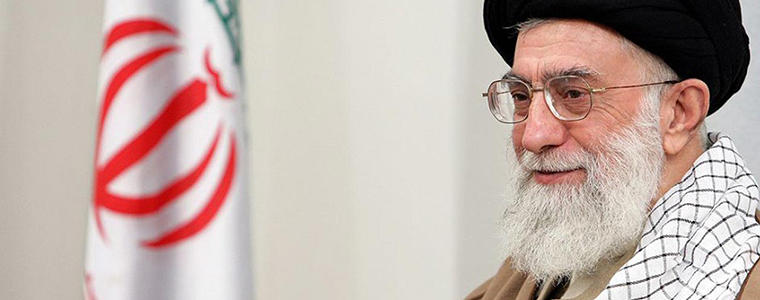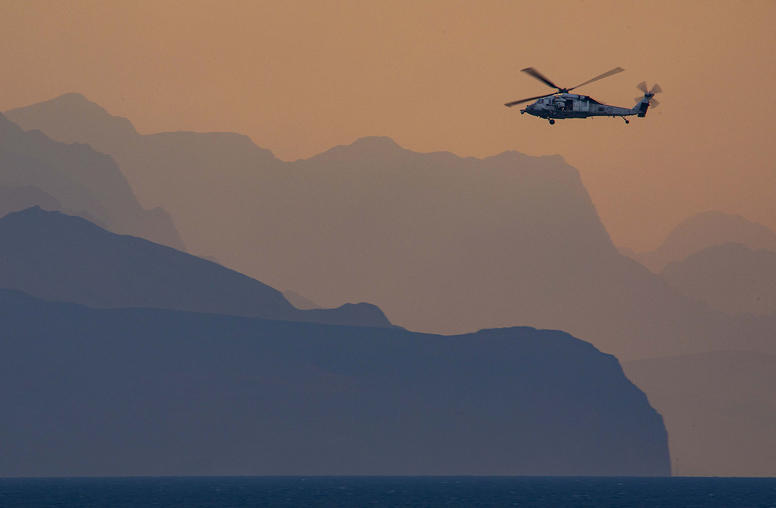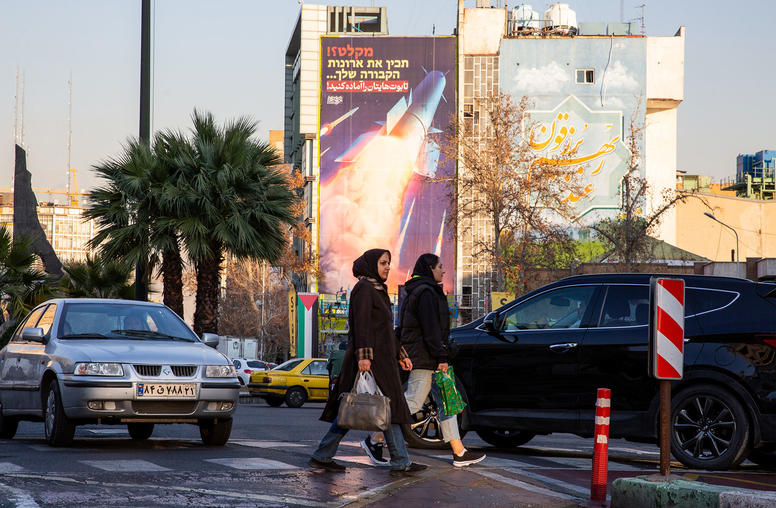Iranian Supreme Leader Declares He’s “Not a Diplomat” in Rejecting U.S. Talks on Twitter
Khamenei has become an avid user of Twitter and posted more than 30 comments on the topic of U.S.-Iran talks. USIP's Iran Primer has the highlights.

“I'm not a diplomat, I'm a revolutionary and I speak candidly,” Iran’s Supreme Leader, Ayatollah Ali Khamenei said in rejecting the latest U.S. overture for direct talks. And this time, he did it on Twitter.
The Supreme Leader has become an avid user of Twitter and posted more than 30 comments on the topic of U.S.-Iran talks today. USIP’s Iran Primer has the tweet highlights.
He seemed to be responding to Vice President Joe Biden’s reiteration of the U.S. offer of direct talks, though only if Khamenei “is serious.” Other Iranian officials, including President Mahmoud Ahmadinejad, have recently welcomed what they said were positive steps by the U.S. But the Supreme Leader’s latest comments aren’t surprising, considering his previous statements and the U.S. announcement yesterday of further sanctions against Iran.
Multilateral talks on Feb. 26 in Almaty, Kazakhstan, will proceed as scheduled among Iran, the U.S., Britain, Germany, France, Russia and China. So what do you make of the Supreme Leader’s retorts? Tell us what you think by submitting a comment below.
Viola Gienger is a senior writer at USIP.



